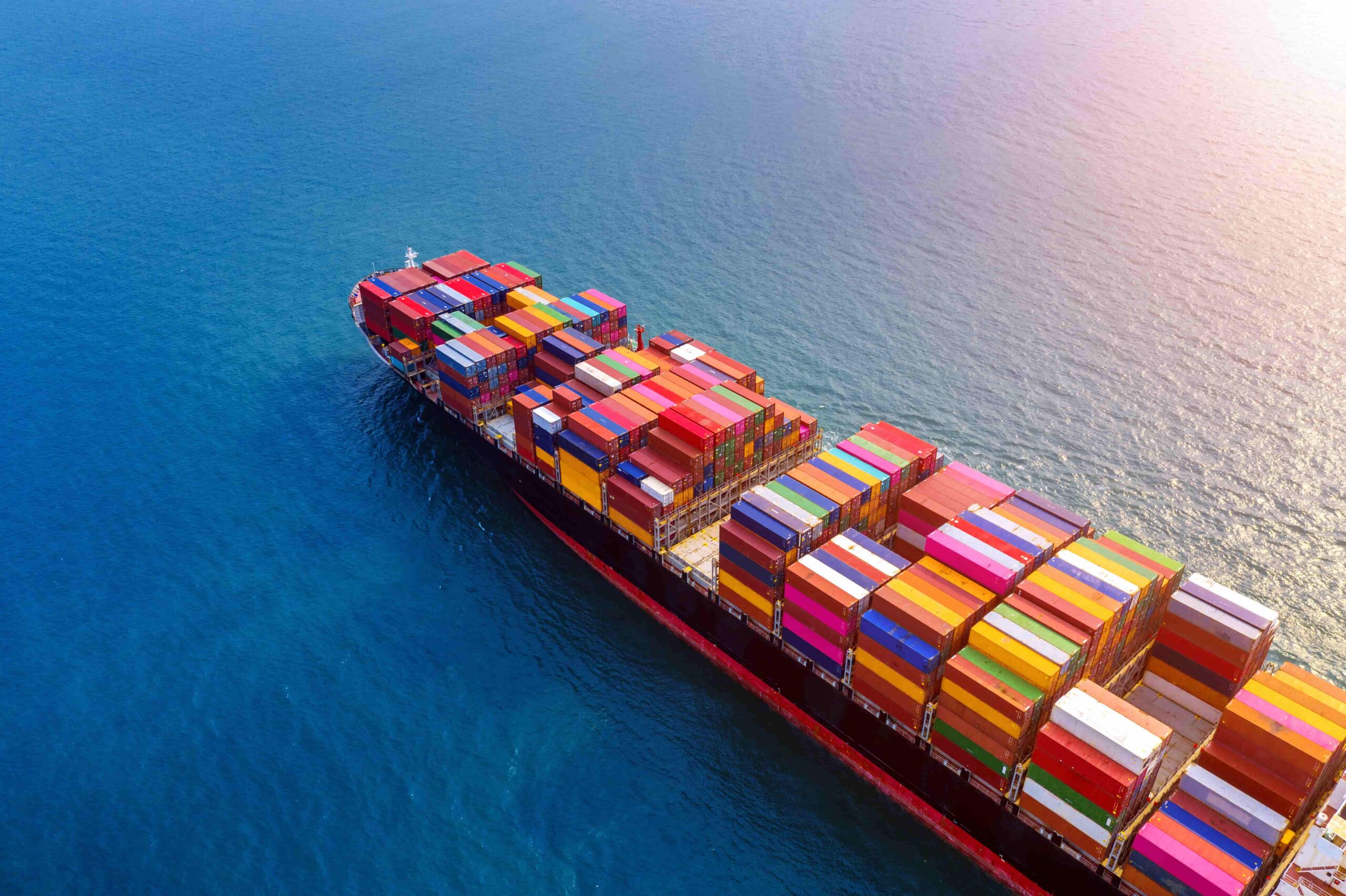Strait of Hormuz Tensions: A Wake-Up Call for India’s SMEs

On June 22, Iran’s Parliament approved a motion to potentially close the Strait of Hormuz in retaliation to US strikes on its nuclear sites. This strategic waterway channels about 20% of the world’s oil, including significant portions destined for India. Beyond energy security, SMEs across India must now confront the tangible threat to their supply chains, and real fast.
Jamming Signals in High Waters
It’s not just politics. Since early June, radio navigation systems across the Gulf have come under massive GPS jamming, affecting nearly 1,000 vessels, including tankers and container ships. The U-turns, zig-zags and signal blackouts near Hormuz aren’t merely maritime anomalies, they’re early warnings of escalating digital and logistical instability in global shipping.
Energy Shockwaves and Cost Spill‑over
India imports over 35% of its crude and 42% of LNG through Hormuz. A real or perceived block, even a threat, can rattle traders and spike prices. In fact, oil futures jumped 2–3%, even before any formal closure. For MSMEs, this means immediate pressure on input costs – fuel, logistics, chemicals, packaging and more.
Supply Chain Shocks Beyond Oil
The fallout isn’t limited to energy. Container shipments are slowing down, rerouting or being rerouted altogether. Materials, components, pharma ingredients and food exports may face delays, cost overruns and insurance premium hikes. In some sectors, Indian exporters are already seeing 20% increases in cargo insurance costs, while markets like Gulf rice are shifting to competitors.
What Indian SMEs Must Do Now
Stress-test supply chain routes: Map alternative routes, such as via India’s Chabahar port (bypassing Hormuz entirely). Understand time and cost trade-offs.
Reprice smartly, not passively: If fuel and freight costs rise, factor these into pricing strategies or renegotiate terms with buyers early.
Take insurance seriously: Understand how geopolitical disruption affects policy, whether you deal in containers, logistics or raw materials.
Communicate with agility: Proactively inform clients about potential delays or supply shifts. Even an unpredictable update builds resilience and trust.
Collaborate regionally: Industry associations, exporters’ councils, banks and logistics solution providers can pool insights on real-time risks and route-sharing.
A Strategic Imperative
Geopolitical whiplash in global trade isn’t new and it’s rarely permanent. But for India’s SMEs, the key differentiator between shock and opportunity lies in speed and readiness. As Mr. Wael Sawan, the Chief Executive Officer of global energy major Shell PLC recently warned, the closure of Hormuz could trigger massive disruptions to oil and global trade. The question is: will Indian SMEs merely adapt or will they anticipate?
The Bigger Lesson
Markets and policymakers often focus on energy geopolitics when Hormuz is in the news. SMEs should think broader. Digital navigation jamming, container rerouting, insurance volatility – these are all signals of systemic supply chain fragility. And MSMEs don’t need lavish systems to respond, they need proactive scenario planning, dynamic supplier networks and communication protocols suited to unpredictability.
The Strait of Hormuz isn’t just a geopolitical flashpoint; it’s a mirror for every SME’s supply chain vulnerability. Today it’s oil and containers; tomorrow it could be microchips or medicines. Riding out disruption isn’t about luck; it’s about having clear contingency plans and the agility to execute them.
Because when global waters are stirred, small ships must steer smarter.








